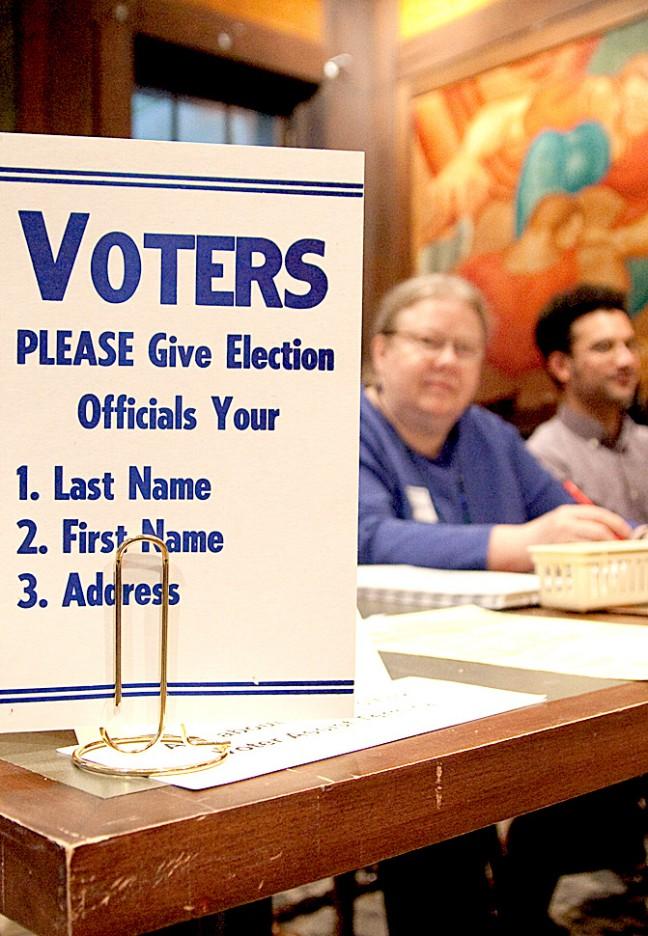With midterm elections only two weeks away, a flood of stories and social media posts have circulated communicating registration dates, how to register and what one needs to do so. For each state, the list of requirements vastly differs from those of another. Even geographical proximity means nothing — two states right next to each other, like Wisconsin and Iowa, may have completely different regulations.
Think of two people, one living on the Wisconsin side of the border while the other lives on the Iowa side — the Wisconsinite could, hypothetically, register to vote the day of the election, while the Iowan would have to register 10 days prior.
There’s a certain amount of insanity when it comes to thinking of how this all plays out. The way of civic life could be drastically different for two people who live 10 feet away from each other. And it’s not just on voting.
Across the country, due to the 10th Amendment, states are able to completely regulate and control anything not enumerated in the constitution as within the federal government’s purview.
Midterm voters must show anonymous donors Wisconsin’s policy can no longer be bought
Infamously, in 1932 Supreme Court Justice Louis Brandeis called states “laboratories of democracy.” He, like others that follow this libertarian argument, have a wildly skewed vision of what the term means — in their idealistic vision of state’s rights, people are nothing but guinea pigs for politicians’ plans.
And while these laboratories could possibly experiment with and create a better form of democracy, that’s largely not the case.
The framers of the constitution certainly could not have predicted what sort of power the states now have, based on the grounds that it’s simply not addressed in the constitution. Could the framers really have guessed that some states would embrace capital punishment, like in Texas, or that you could cross a state border and your healthcare could be vastly different? Probably not.
Voting in ASM elections imperative for representative democracy on UW campus
None of this is to say that states shouldn’t have rights — eliminating state and local legislative initiatives wouldn’t serve a productive purpose.
Cities, local municipalities and states are better at addressing the concerns of their residents than Washington D.C. Think of sanctuary cities, or states that have toll roads, or soda taxes, or a slew of numerous other policy initiatives that are inherently good — these are important rights for states to have.
With the federal government at a deadlock, it’s hard to nationally dictate certain laws, policies and procedures, and that’s where states come in. But there are things that should not be under the discretion of states: voting ethos, healthcare, environmental protection and incarceration law.
If you don’t trust the voting system, you need to vote to change it
What makes the U.S. beautiful is how diverse and vastly different each state is. Even here in Wisconsin, spend a week in Milwaukee and then a week in northern Wisconsin and one can see how culturally unique and vibrant those communities are. This uniqueness is our strength, but federal homogeneity is absolutely vital in the issues that matter the most.
The very fabric of what holds this country together should not be an experiment. There is no fair, equal or morally right reason for the amount of power that states wield — it serves absolutely no service other than holding onto antiquated constitutional amendments that were meant for a country we are now foreign to.
No citizen deserves to be a guinea pig in the laboratory of democracy and the right to vote isn’t something that should be experimented with by implementing restrictions or confusing registration dates. People should just be able to vote and each and every state should have the same requirements to do so.
Adam Ramer ([email protected]) is a senior majoring in political science and history.














